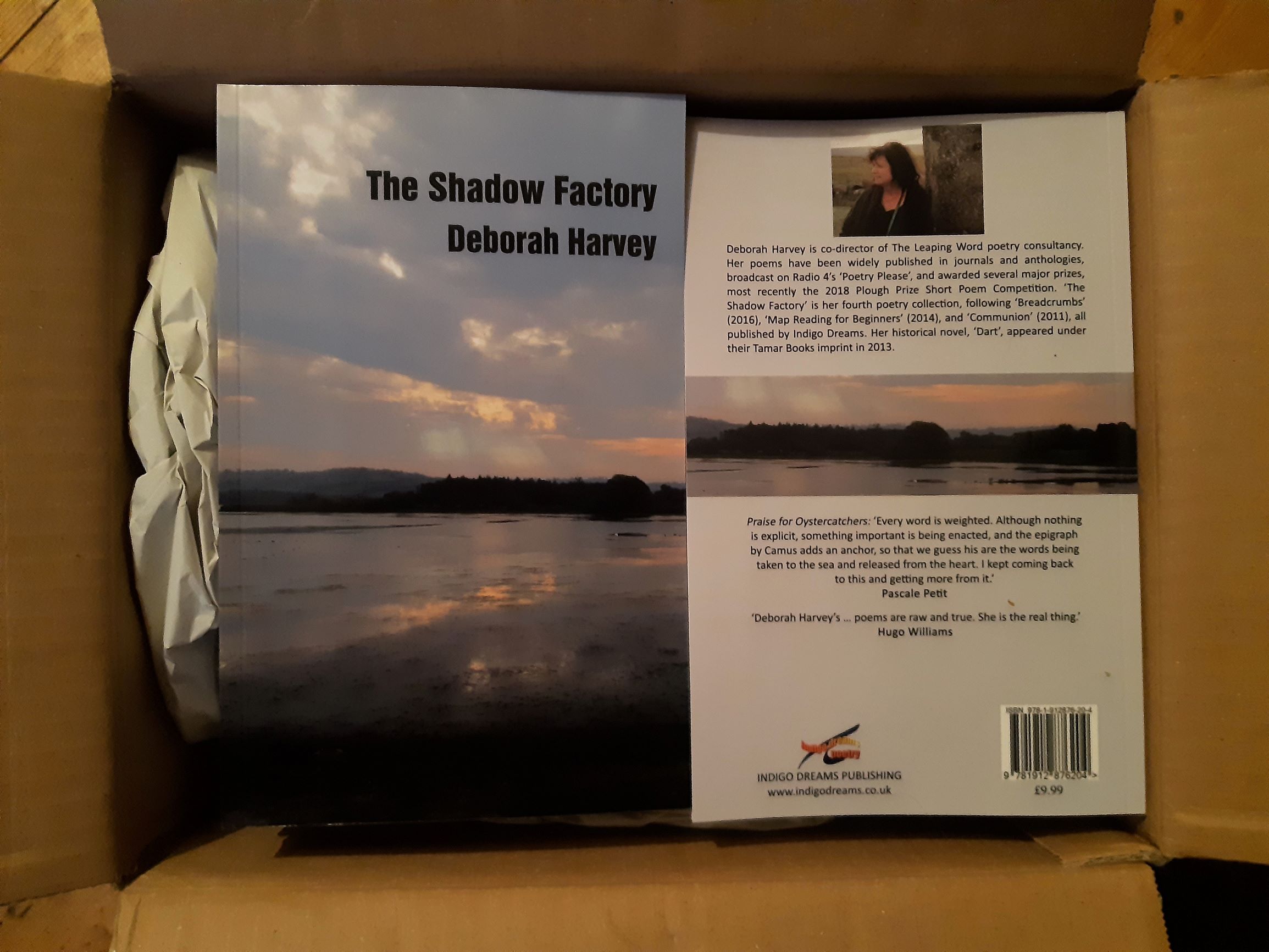
Congratulations to our Deb, who last week got the chance to dress up and totter across the brightly-lit stage of Bridgewater Hall in Manchester without falling over, thus graduating from the Manchester Writing School with a Distinction in her MA in Creative Writing.

We’re delighted that the collection of poems on the theme of estrangement that Deb wrote during her MA will be published by Indigo Dreams Publishing in 2024. Details to follow.






